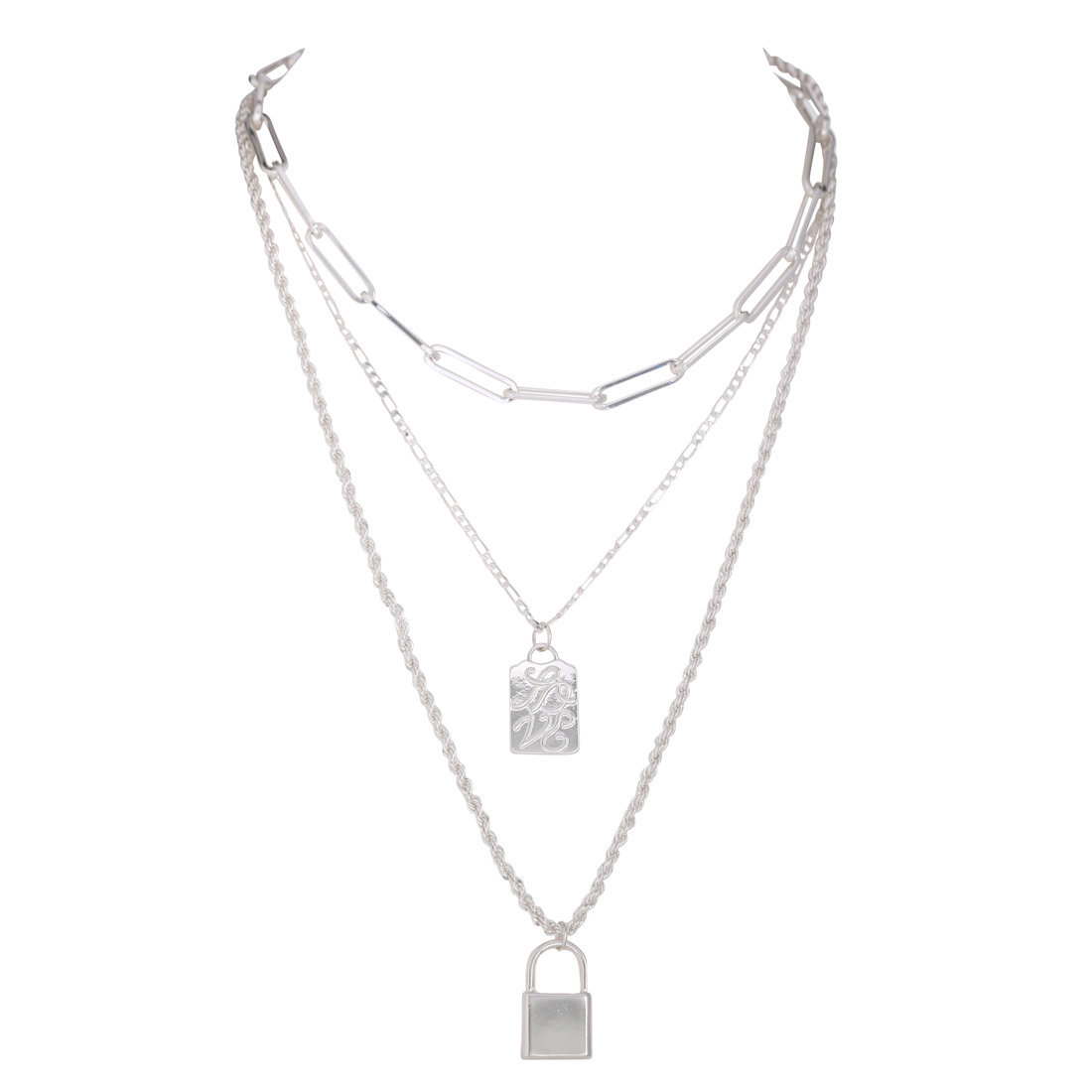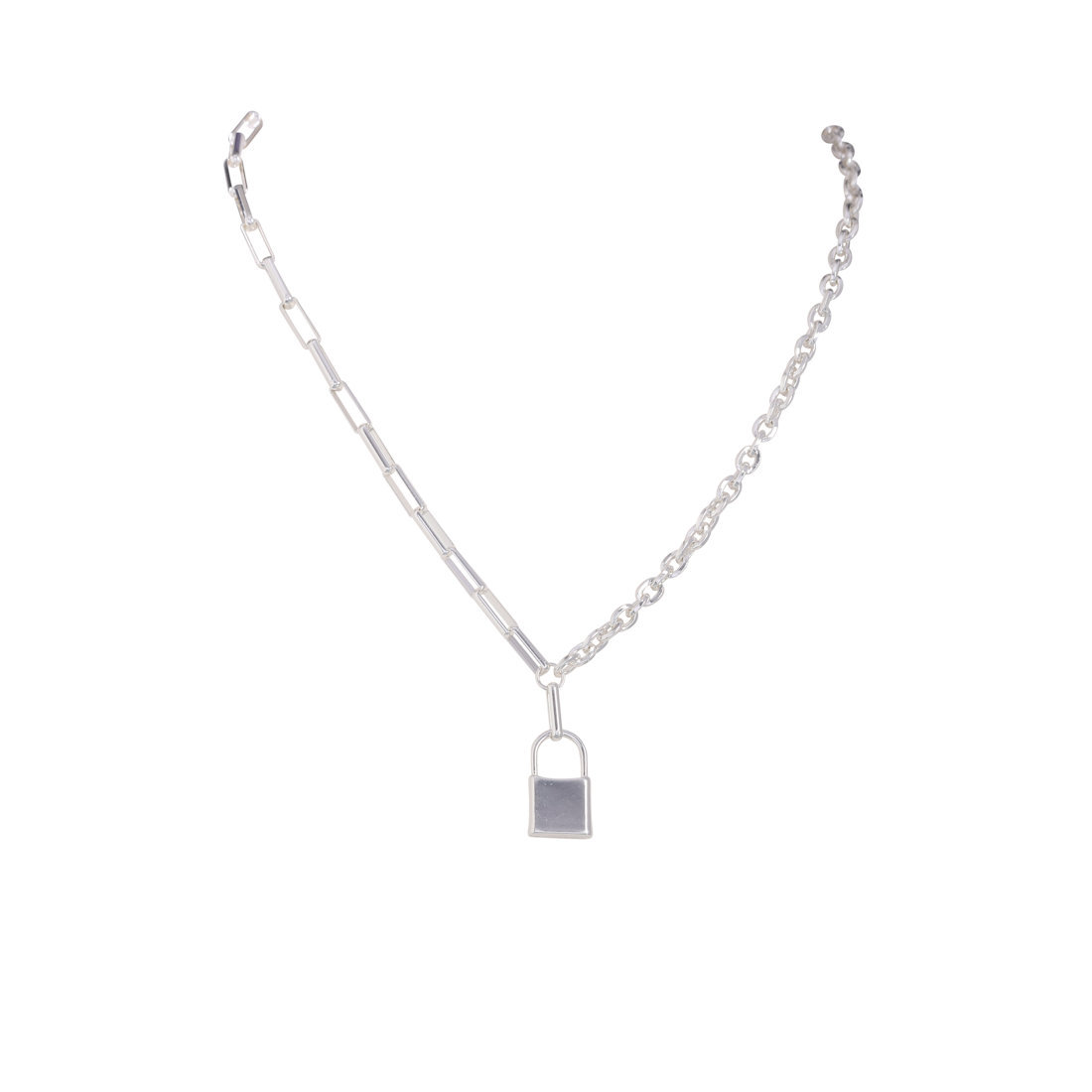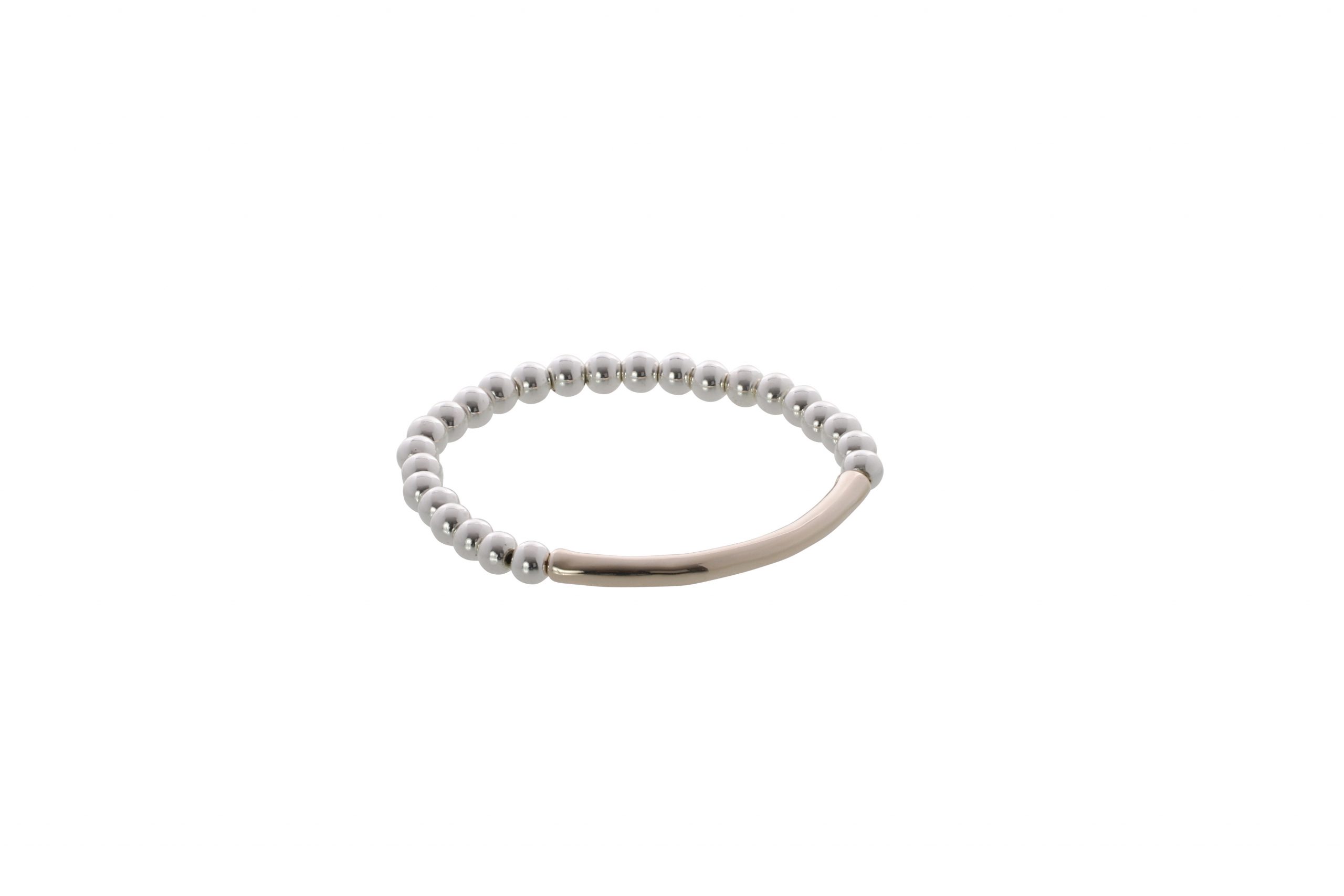As I mentioned in my previous blog post, I recently finished watching the hit Netflix show, ‘Never Have I Ever’, which was co-created by the female writing legend herself, Mindy Kaling. At first glance, you might think it’s just another teen show where you see a teenage girl swooning over a teenage boy, and that’s what the show is all about. I did see a teenage girl be boy crazy not just with one teenage boy, but SEVERAL teenage boys throughout the show’s entire 4 seasons. The main character, Devi, ends up with the right one for her in the end. But with a deep dive, you realize that the ‘Never Have I Ever’ is so much more than the teenage hormonal drama that we’re so used to.
The show follows Devi, a high school student whose father died of a heart attack right in front of her during her performance playing the harp. That scene was the pivotal moment of the entire show. It was one of the very first scenes in the first episode, and it was one that made the entire story-line that much more meaningful. It was what made the entire show what it was. That scene kept replaying throughout the seasons over and over, and it’s because the show is not so much about the typical teenage high school drama, but rather about Devi’s grief over the death of her father.
Devi’s grief is represented by her having flashbacks of her father when she was growing up, as well as everything that led up to his fatal heart attack. We also see him through Devi’s visions. In visions, Devi’s father gives her the wisdom that Devi needs to hear in specific situations that happen to her, such as boy troubles, school life, and her relationship with her mom. We see to what extent Devi struggles with her loss in season 1 as she sees a coyote at a party and thinks it’s her dad. She starts talking to the wild animal as though it’s her father and ends up getting attacked.
The death of her father paralyzed Devi not only emotionally, but physically as well. She was literally bound to a wheelchair for 3 months due to the shock and grief over her father’s death. At first, I questioned this part of the story-line to be realistic. But then I did some digging. Something similar happened to Lang Fisher, the co-creator’s real-life brother. “When we were talking about the series–there are so many teenage series . . . about love and sex and all of that–and we were both really interested, because we had parents that died unexpectedly, in talking about grief and how grief manifests itself. And [Lang’s] brother, after her parents got divorced, had about four months when his legs were paralyzed. And then, all of a sudden, they started working again. And they went to every doctor. They went to every psychologist. And it was this mysterious thing. . . . In researching it, this is something that happens to people, particularly young people, sometimes after trauma. So that was hard to resist as something to talk about. And after she spoke to her brother and got permission, we felt we wanted to use it in the series, because we thought it was a really fascinating physical manifestation of a teenager’s grief.”
We only see Devi in a wheelchair as a backstory to what was about to come through the entire series. But the aftermath of her temporarily being bound to a wheelchair and how it affected her in the years to come was evident. People at school didn’t know her for her, but rather for the fact that she was paralyzed for 3 months. If she introduced herself as Devi, no one had a clue who she was. But if she said she was the one who was paralyzed for months, she’d automatically be recognized. It’s a lot to take in for a teenage girl to take in. With that in mind, Devi becomes obsessed with the idea of people knowing for more than just being the girl in a wheelchair. That’s why she starts chasing Paxton, her classmate and a boy that she’d been crushing on since their middle school days.
Devi chased Paxton for over two years, and they did eventually get together. Paxton breaks up with her, though, some time later because, in his words, she needed to love herself first before she ever got into a relationship with someone else. It was a very pivotal moment for Devi because it was then that she realized that she needed to do just that. She spends the rest of her high school days working on herself, and when the next guy she dates ends up breaking her heart and makes her doubt herself, she still chooses herself.
The last year of high school was all about growth for Devi, as well as her friends; mainly Devi, though. There were many things about Devi that were comparable about her between season 1 and season 4. There was Devi finally embracing her culture, Devi being okay with the idea of her mom dating and actually encouraging her to do it, and there was her praying before going to university for her mom to be taken care of. In season 1, Devi prayed to have a hot boyfriend and be invited to party where there was pot involved.
But the most profound part of Devi’s growth was her coping with her father’s death. In season 1, Devi was encouraged to write Princeton, the university she had a vision of attending because it was an idea that she and her father came up with together, a letter telling them why they should consider her. Devi refused the idea of writing anything about her father because, in her words, showcasing her perfect academics should be enough. It was obvious, though, that the real reason was her not being ready. Season 4 saw Devi not be accepted to ANY college she applied to. Just the same as in season 1, she was told that being good at school and getting good grades just wasn’t enough. She was initially discouraged and was ready to give up, but with a little push from Ben, her friend and main love interest, wrote that letter about her father, which was heartbreaking and beautiful all at the same time.
Throughout all of her high school years, Devi attends therapy sessions with her psychologist. Though this specific story-line may not seem like a big deal to the average person, it’s actually groundbreaking. You never see an Indian person go to therapy and get any treatment for a mental illness. They don’t believe that there is such a thing as mental illness in the first place. So to see a young first generation American-Indian woman go to therapy and talk about her feelings is something else. Even Devi’s mom (accidentally) attends a therapy session when she goes to talk to therapist about Devi. She didn’t leave the session even though she could’ve. She continued talking.
Just as the show’s narrator says in the end, Devi gets the boy and the college of her dreams in the end. But the story of Devi is much more than just about her getting the guy and getting into college. It’s about Devi choosing herself and finding peace and the strength to do it over and over again. Many would argue whether they were Team Ben or Team Paxton. But ‘Never Have I Ever’ has always been about Team Devi. I read an article that argued that Devi didn’t change one beat throughout the seasons, but I wholeheartedly disagree. Throughout the seasons, Devi grew into a blossoming young woman. The progress was slow, and it took her time to get there. But she got there nonetheless. Her on-and-off relationship with Ben throughout the show and her ending up with him showed that one can’t be fully in love with someone unless they love themselves, which was exactly what Paxton told Devi when he broke things off with her.
Seeing Devi as a main character on screen was a big step in not only represent the Indian culture and its dynamic, but it also aims to end the stigma surrounding mental health in the Indian culture. It’s okay to be going through trauma. It’s okay to feel your feelings no matter what they are. It’s okay to seek help. What’s not okay is to avoid all those things.
Sign up to our newsletter if you want to see more content from The Graceful Boon! By signing up to our newsletter, you'll get an even more in-depth content from yours truly, Stacie Kiselman, who's our Graceful Boon, that you won't want to miss out on.




















What a beautiful post. I’ve never seen Never Have I Ever, but I’ve heard about it. I knew it was a term drama, but I didn’t know there was a deeper aspect to it. Wow! I am Black American and many Black Americans are similar. We don’t believe in therapy, and we don’t like showing weakness or sharing our experiences. What happens in the house stays in the house. That can be a huge problem, because then you end keeping your struggles to yourself and your feelings bottled up. Furthermore, many Black Americans tend be very religious. Many of us are Christians, and many of us believe God is enough. You don’t need medication or therapy. I used to be believe all of these things myself. Don’t speak about your issues and that all you need is God. Over the years, however, I’ve learned how important it is to open up about my feelings and that it’s not a weakness to express yourself. I’ve also learned that God has given us resources to use to help ourselves, like the therapy treatments and the antidepressants. Why not use them? That is God stepping in. Life is not perfect now, but I’m much better than I was before treatment. Thankyou for sharing this beautiful post.